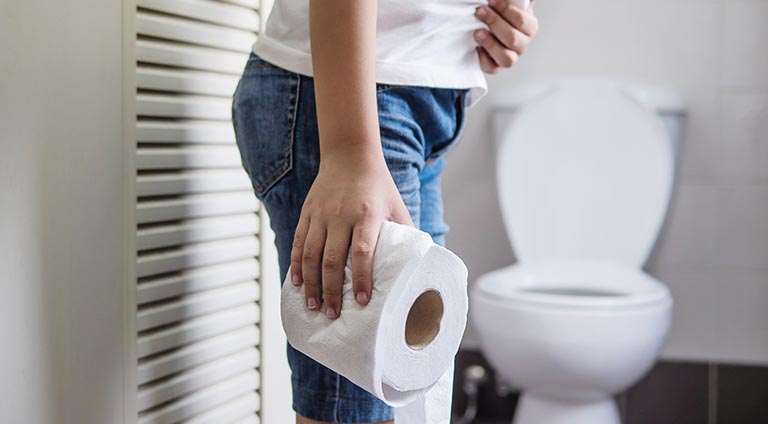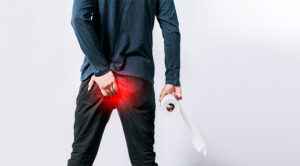Piles, medically known as hemorrhoids, are swollen and inflamed collections of tissue in the anal and rectal regions. They can cause discomfort, pain, and itching, significantly affecting quality of life. According to Rajiv Gandhi University of Health Sciences, India has over 40 million hemorrhoid patients, with an estimated 1 million new cases reported every year. The rise in cases among teenagers and young adults has made hemorrhoids a growing concern in modern India.
Causes of Hemorrhoids
Understanding why piles occur is the first step towards prevention and management. The most common causes include:
- Aging and Obesity: Elderly individuals and those who are overweight are at increased risk.
- Pregnancy: Added pressure on anal veins during pregnancy can lead to piles.
- Chronic Straining: Constant pressure from straining during bowel movements increases the likelihood of inflamed veins.
- Low-Fiber Diet: Urban lifestyles with low fiber intake and high consumption of processed foods contribute to constipation and piles.
- Sedentary Lifestyle: Lack of physical activity, dehydration, and stress can disrupt digestion and promote constipation, leading to hemorrhoids.
- Frequent Constipation or Diarrhea: Both conditions irritate and inflame the anal region.
Why Hemorrhoids Itch
There are two types of hemorrhoids:
- Internal Hemorrhoids: Located inside the rectum, rarely cause itching unless they prolapse outside the anus.
- External Hemorrhoids: Found under the skin around the anus and are more likely to cause itching and discomfort.
Common reasons for itching include:
- Inflammation: Swollen tissue stretches the skin, creating itchiness.
- Skin Abrasions: Irritation from standing or walking can worsen symptoms.
- Bowel Movements: Passing stools may aggravate inflamed tissue, leading to further itching and pain.
When an internal hemorrhoid prolapses, it can secrete mucus that irritates sensitive perianal skin, intensifying itching sensations.
Why Do Piles Recur?
Hemorrhoids are essentially inflamed veins that can become swollen again if underlying causes are not addressed. Recurrences are common, but following these preventive strategies can help:
- Increase Fiber Intake: Incorporate fresh fruits, leafy greens, and home-cooked meals to promote healthy bowel movements.
- Stay Hydrated: Drink plenty of water to avoid constipation.
- Regular Exercise: Physical activity stimulates digestion and reduces the risk of piles.
- Avoid Unsupervised Laxatives: Consult your doctor before using suppositories or laxatives to prevent making symptoms worse.
Why See a Surgical Gastroenterologist for Piles Treatment
While home remedies like aloe vera, sitz baths, and OTC creams can offer temporary relief, specialized care is essential for lasting solutions. Consulting a surgical gastroenterologist provides these benefits:
- Accurate Diagnosis: Not all anal discomfort is due to piles—other conditions including fissures, fistulas, or infections may mimic symptoms.
- Expert Management: GI surgeons are trained to treat complex cases such as thrombosed piles, bleeding, abscesses, fistulas, and more.
- Advanced Technologies: Diagnostic tests like Digital Rectal Examination (DRE) and colonoscopy help identify the cause and extent of the issue.
- Comprehensive Treatments: Depending on severity, treatments may include:
- Rubber band ligation (cutting off blood supply to the pile)
- Sclerotherapy (shrinking the tissue)
- Hemorrhoidectomy (surgical removal)
- Long-Term Relief: Medical intervention often leads to better, longer-lasting outcomes compared to home care alone.
Take Action for a Healthier Life
Hemorrhoids can significantly impact day-to-day activities and may recur without appropriate management. Don’t ignore recurring symptoms or rely solely on temporary remedies. Consulting a surgical gastroenterologist ensures a comprehensive approach—from accurate diagnosis to effective, individualized piles treatment.
Your digestive health deserves expert care. Book a consultation with a qualified GI surgeon to achieve lasting relief from piles and reclaim your comfort.





